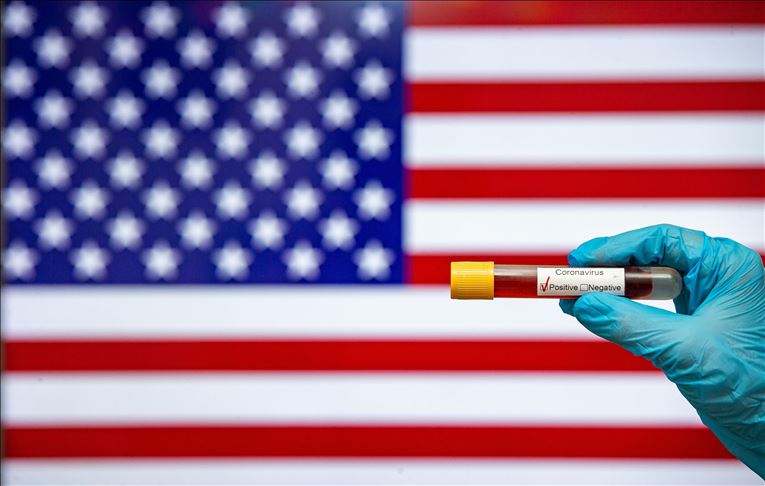On Monday, the Food and Drug Administration (FDA) revoked its decision of approval of hydroxychloroquine for COVID-19 patients and now the federal government is stuck with 63 million doses of the drug.
After President Donald Trump touted hydroxychloroquine as a “game-changer” in the fight against COVID-19 in late March, the government started stockpiling donated hydroxychloroquine pills.
The FDA revoked its Emergency Use Authorization (EUA) to use hydroxychloroquine, as well as chloroquine, to treat coronavirus, stating there was “no reason to believe” the drugs were effective against the disease, plus they increased the risk of side effects, including heart rhythm problems.
The FDA’s decision now leaves the Strategic National Stockpile with 63 million doses of hydroxychloroquine and 2 million doses of chloroquine, said Carol Danko, a spokesperson for the U.S. Department of Health and Human Services (HHS).
The federal government had already distributed over 30 million doses of hydroxychloroquine before the FDA revoked its approval.
Danko told CNN, “HHS is working with the companies that donated the product to determine the available options for the product that remains in the Strategic National Stockpile.”
Apart from treating and preventing malaria, hydroxychloroquine has been used for years to treat autoimmune diseases such as rheumatoid arthritis and lupus.
Last month, FDA Commissioner Dr. Stephen Hahn wrote that the agency’s decision to approve hydroxychloroquine in March “was based on evaluation of the EUA criteria and the scientific evidence available at that time.”
However, many experts, including those who have been studying the drug for COVID-19, said there was not enough evidence to show that the drug actually worked for the new virus. Instead, the drug was found to raise cardiovascular concerns in patients involved in studies. Two major studies have found that hydroxychloroquine is ineffective against COVID-19. In fact, one of the studies, published in the medical journal JAMA, found that COVID-19 patients who took the drug were at increased risk of cardiac arrest.























